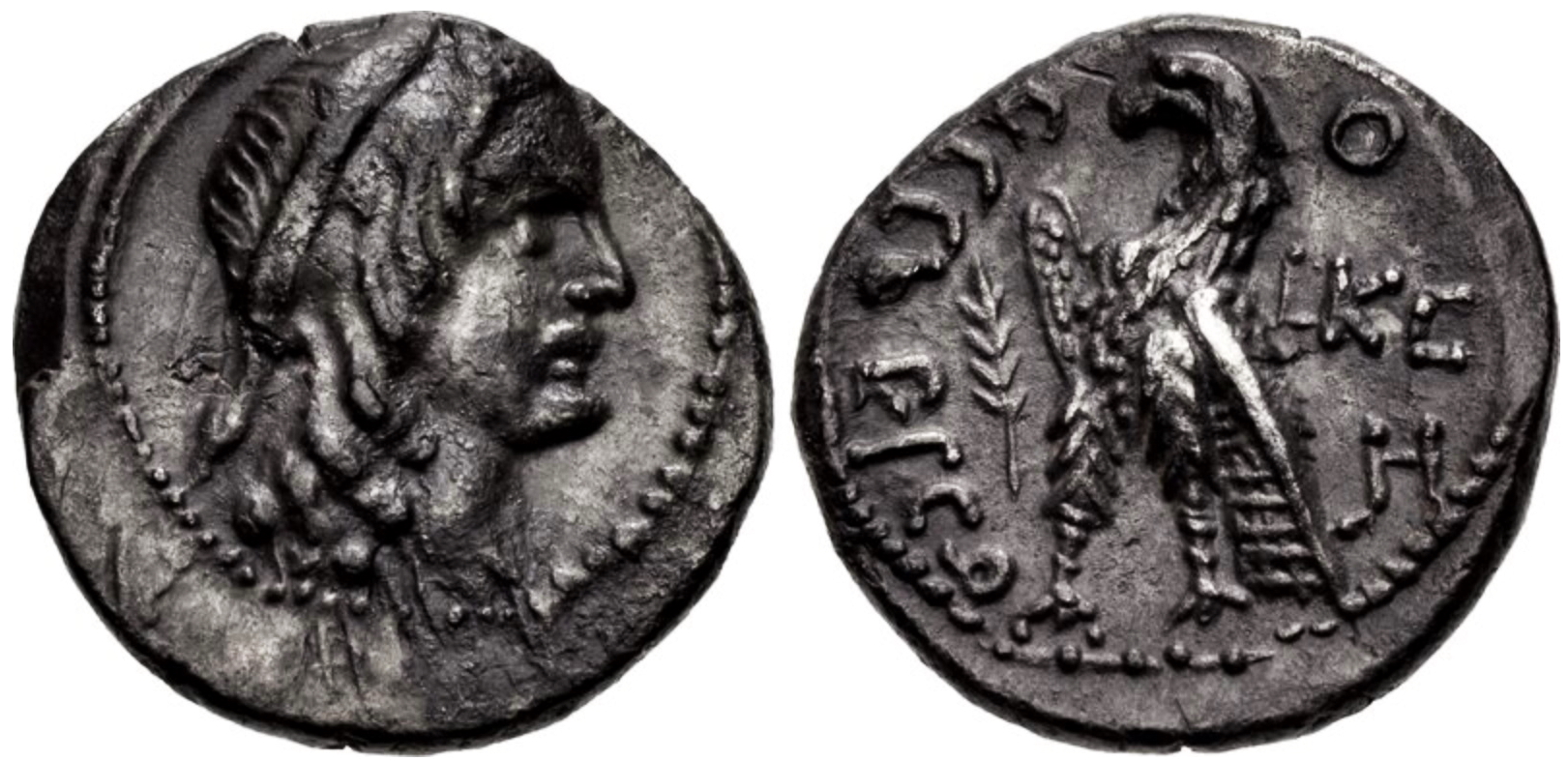Malichus I on:
[Wikipedia]
[Google]
[Amazon]
 Malichus I or Malchos I (
Malichus I or Malchos I (
 Malichus I or Malchos I (
Malichus I or Malchos I (Nabataean Aramaic
Nabataean Aramaic is the extinct Aramaic variety used in inscriptions by the Nabataeans of the Transjordan_(region), East Bank of the Jordan River, the Negev, and the Sinai Peninsula. Compared with other varieties of Aramaic, it is notable for ...
: ''Malīḵū'' or
''Malīḵūʾ'') was a king of Nabataea who reigned from 59 to 30 BC. His name as transcribed in Arabic
Arabic (, , or , ) is a Central Semitic languages, Central Semitic language of the Afroasiatic languages, Afroasiatic language family spoken primarily in the Arab world. The International Organization for Standardization (ISO) assigns lang ...
is '.
Malichus was a possible cousin of Herod the Great
Herod I or Herod the Great () was a History of the Jews in the Roman Empire, Roman Jewish client king of the Herodian kingdom of Judea. He is known for his colossal building projects throughout Judea. Among these works are the rebuilding of the ...
of the Herodian kingdom
The Herodian kingdom was a client state of the Roman Republic, later Roman Empire, ruled from 37 to 4 BCE by Herod the Great, who was appointed "King of the Jews" by the Roman Senate. When Herod died, the kingdom was divided among his sons into ...
. When Herod fled Judea
Judea or Judaea (; ; , ; ) is a mountainous region of the Levant. Traditionally dominated by the city of Jerusalem, it is now part of Palestine and Israel. The name's usage is historic, having been used in antiquity and still into the pres ...
in 40 BC to escape imprisonment by the Hasmonean ruler Antigonus II Mattathias
Antigonus II Mattathias ( ''Antígonos''; , ''Mattīṯyāhū''), also known as Antigonus the Hasmonean (died 37 BCE) was the last Hasmonean dynasty, Hasmonean king of Judea. He was the son of King Aristobulus II of Judea. In 37 BCE Herod the Grea ...
, who had already imprisoned his brother Phasael, he first traveled to the court of Malichus. However, Malichus I turned Herod away, as the Nabataean king was politically aligned with the Parthian Empire
The Parthian Empire (), also known as the Arsacid Empire (), was a major Iranian political and cultural power centered in ancient Iran from 247 BC to 224 AD. Its latter name comes from its founder, Arsaces I, who led the Parni tribe ...
, which viewed Herod as a client ruler of the rival Roman Republic
The Roman Republic ( ) was the era of Ancient Rome, classical Roman civilisation beginning with Overthrow of the Roman monarchy, the overthrow of the Roman Kingdom (traditionally dated to 509 BC) and ending in 27 BC with the establis ...
. Herod then decided to take refuge instead in Alexandria
Alexandria ( ; ) is the List of cities and towns in Egypt#Largest cities, second largest city in Egypt and the List of coastal settlements of the Mediterranean Sea, largest city on the Mediterranean coast. It lies at the western edge of the Nile ...
, at the court of Cleopatra VII
Cleopatra VII Thea Philopator (; The name Cleopatra is pronounced , or sometimes in both British and American English, see and respectively. Her name was pronounced in the Greek dialect of Egypt (see Koine Greek phonology). She was ...
of Ptolemaic Egypt Ptolemaic is the adjective formed from the name Ptolemy, and may refer to:
Pertaining to the Ptolemaic dynasty
* Ptolemaic dynasty, the Macedonian Greek dynasty that ruled Egypt founded in 305 BC by Ptolemy I Soter
*Ptolemaic Kingdom
Pertaining ...
.
Malichus I eventually came into conflict with Cleopatra VII after her lover and Roman triumvir Mark Antony
Marcus Antonius (14 January 1 August 30 BC), commonly known in English as Mark Antony, was a Roman people, Roman politician and general who played a critical role in the Crisis of the Roman Republic, transformation of the Roman Republic ...
granted her Nabataean territories in the Gulf of Aqaba along the Red Sea
The Red Sea is a sea inlet of the Indian Ocean, lying between Africa and Asia. Its connection to the ocean is in the south, through the Bab-el-Mandeb Strait and the Gulf of Aden. To its north lie the Sinai Peninsula, the Gulf of Aqaba, and th ...
, which had long been used as a staging ground for Nabataean raids on Ptolemaic lands. After a bitter open conflict between Malichus I and Cleopatra, allegedly stoked by her aggressive acts, Malichus I, along with Herod, failed to show up and support Antony and Cleopatra during the fateful Battle of Actium
The Battle of Actium was a naval battle fought between Octavian's maritime fleet, led by Marcus Agrippa, and the combined fleets of both Mark Antony and Cleopatra. The battle took place on 2 September 31 BC in the Ionian Sea, near the former R ...
in 31 BC, a decisive victory for their rival Octavian
Gaius Julius Caesar Augustus (born Gaius Octavius; 23 September 63 BC – 19 August AD 14), also known as Octavian (), was the founder of the Roman Empire, who reigned as the first Roman emperor from 27 BC until his death in ...
.
See also
* List of rulers of Nabatea * Malichus IINotes
References
* 1st-century BC Nabataean monarchs 1st-century BC Arab people Roman client monarchs 30 BC deaths People of the War of Actium {{MEast-hist-stub